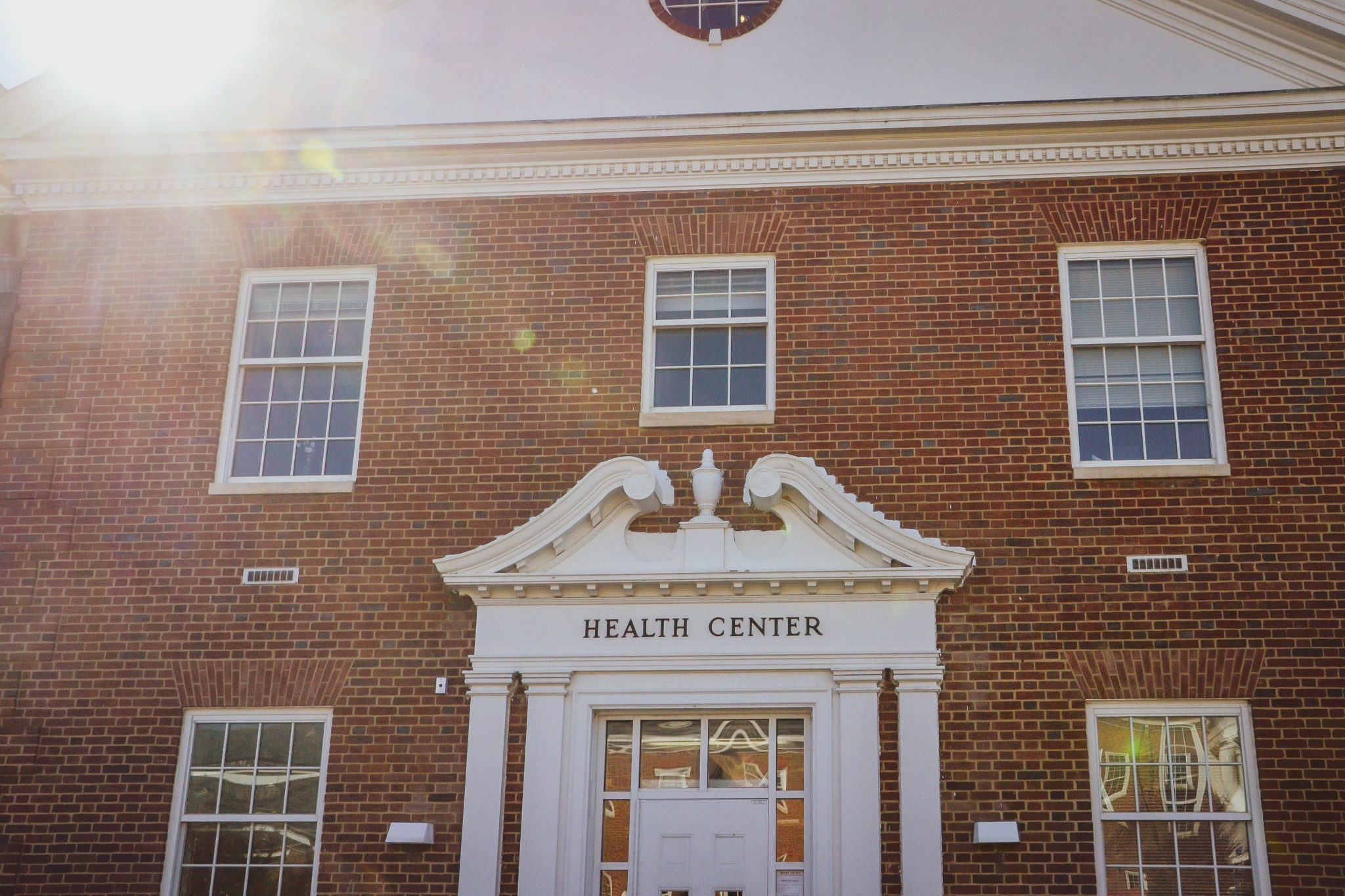By Fiona Roy
For The Diamondback
The University of Maryland Health Center, LGBTQ+ Equity Center and SGA are concluding the pilot run of their program that provided 50 students with gender-affirming care materials.
The program was proposed in the fall of 2022 by a former legislator and then taken up by the Student Government Association’s Diversity, Equity and Inclusion Committee, according to Julia Kallaur, a sophomore criminology and criminal justice major and co-director of the committee.
The SGA allocated $1,500 to support the program’s pilot run and cover the cost of chest binding and tucking materials provided to students, SGA Director of Health and Wellness Isha Yardi said.
“Tucking and binding materials are not always super accessible, and sometimes they can be very expensive and providing them for people, for trans students on campus, for free is absolutely necessary,” sophomore environmental science and technology major Ava Powell said.
Partnership with the health center was developed to ensure that the materials chosen were the best and safest possible, according to Kallaur.
[UMD SGA to investigate student body president on election interference claims]
According to Kallaur, with the allocated funds SGA provided for the pilot run of the initiative, approximately $1,420 was spent on binders and gaffes – roughly $28.40 per person – for the 50 students that received gender-affirming care materials for free.
To ensure that the program was properly meeting the needs of the students, program organizers sent out a survey to find the best way to expand gender-affirming care on campus, senior public health science major Yardi added.
The survey was open for two weeks and received 130 student responses, demonstrating a demand and need for gender-affirming care materials on campus, according to Kallaur.
Survey results showed that approximately 63 percent of respondents found it difficult to access gender-affirming care materials, and 72 percent of respondents reported that cost and safe shipping were barriers that prevented them from accessing these materials.
College is often the first time that a lot of people are living on their own, and the first time that they feel like they can fully express themselves, Powell said.
This includes LGBTQ+ kids who may be leaving unsupportive households, Theo Ng, a sophomore sociology and public policy major, said.
[UMD SGA election results delayed for review of election appeals]
Provision of these materials can support students that don’t have a safe address to send these materials, can’t afford them, or can’t buy them without parents seeing the transaction, according to Ng, who is also a health promotion and wellness intern at the health center.
“Students overwhelmingly identified products as being kind of the high priority area for us to spend this money on, and that’s what informed our later plan to open an ordering form for this product to distribute to students on campus,” Yardi said.
Kallaur said there was more interest, but the organization was limited by the money available since it was a pilot program.
The SGA plans to remain involved in ensuring that the program continues to expand and grow to meet the needs of students on campus, according to Yardi.
The student government also plans to bring in staff willing to focus on obtaining these materials for students and is considering creating an incentive system to encourage faculty to create their own open educational resources around gender-affirming care materials, Kallaur said.
“Gender-affirming care is so underrepresented overall just in our society and in our medical care in general,” Powell said. “It’s such simple care to provide, but it has such an insane impact on the people that it’s being provided for.”



